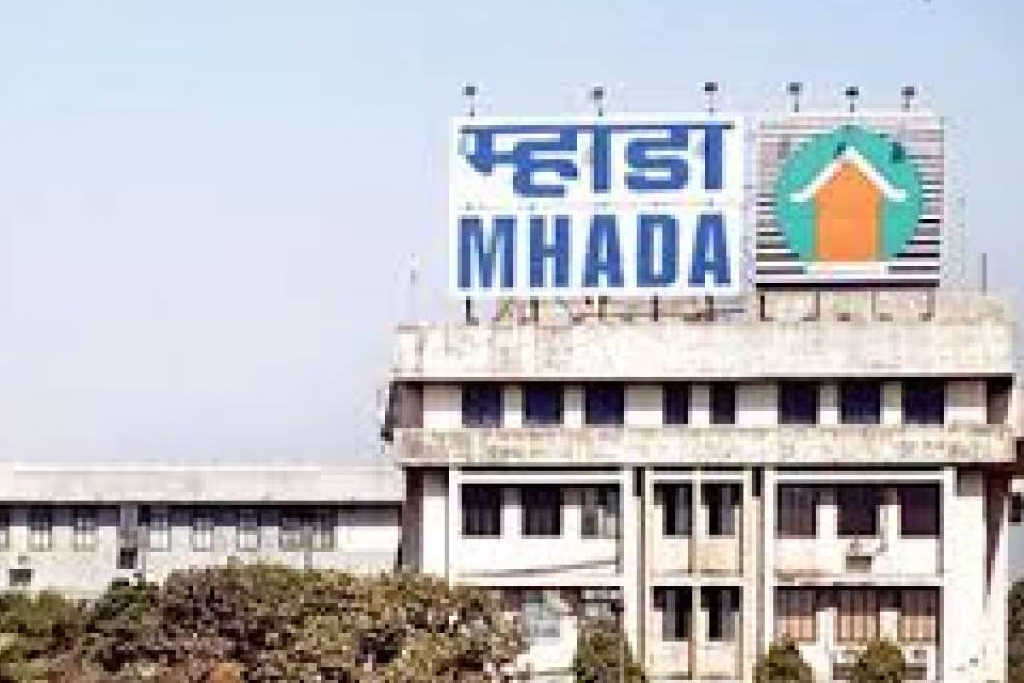Services
Home / MHADA

MHADA, or the Maharashtra Housing and Area Development Authority, was established under the Maharashtra Housing and Area Development Act, 1976. It is a government organization responsible for providing affordable housing to residents of Maharashtra, particularly targeting low- and middle-income groups. MHADA plays a crucial role in planning, constructing, and allocating residential units, thereby ensuring housing availability for those who cannot afford market rates.
The MHADA law governs all activities related to housing development, including construction, maintenance, allocation, and sale of flats. It ensures transparency in housing schemes by conducting lotteries and auctions for flat allotments. The law mandates that a certain percentage of constructed units be reserved for specific categories such as economically weaker sections, women, senior citizens, and differently-abled individuals. This ensures equitable distribution and social inclusion in housing policies.
MHADA also regulates the legal aspects of ownership, transfer, and possession of its housing units. Buyers must comply with eligibility criteria, application procedures, and timelines as specified under the law. Non-compliance or fraudulent practices can lead to penalties or cancellation of allotments. Moreover, the law empowers MHADA to collaborate with private developers, municipal corporations, and government bodies to optimize land use and urban development.
Over the years, MHADA has successfully implemented numerous housing projects across Maharashtra, especially in Mumbai, Pune, and Thane. These projects contribute significantly to reducing slum areas and promoting planned urban development. By adhering to MHADA law, citizens gain access to affordable, legal, and well-planned housing, fostering social welfare and inclusive growth. Understanding the provisions of MHADA law is essential for prospective buyers, real estate professionals, and policymakers to ensure fair and lawful housing practices.